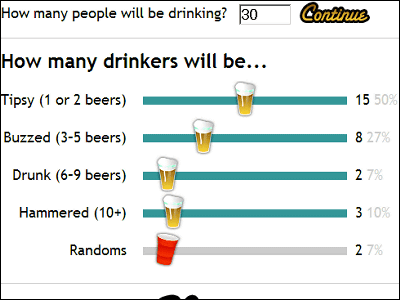Unravel the mystery of how many beers it truly takes to get drunk. You may be surprised by the answer!

Image courtesy of Isabella Mendes via Pexels
Table of Contents
Have you ever found yourself pondering the age-old question: ‘how many beers does it take to get drunk?’ It’s a common query that many individuals have contemplated at some point in their lives. While the answer may seem straightforward, the reality is that the number of beers needed to reach a state of intoxication can vary widely depending on a multitude of factors.
The Science Behind Alcohol Metabolism
alcohol metabolism is a complex process that occurs in the body once alcoholic beverages are consumed. The liver plays a crucial role in breaking down alcohol through enzymes such as alcohol dehydrogenase. These enzymes work to convert alcohol into acetaldehyde, a toxic substance that is further metabolized into acetic acid and ultimately eliminated from the body.
Factors such as genetics, age, and overall health can influence how quickly the body metabolizes alcohol. For example, individuals who have a higher concentration of alcohol dehydrogenase enzymes may process alcohol more efficiently, leading to a quicker elimination of alcohol from the bloodstream.
Individual Tolerance Levels
One of the most significant factors impacting the number of beers it takes for an individual to get drunk is their tolerance level. Tolerance to alcohol can vary greatly from person to person, with some individuals being able to consume several drinks before feeling intoxicated, while others may reach that point after just one or two beverages.
Genetics play a key role in determining an individual’s tolerance to alcohol, as some people may have genetic variations that affect how their bodies process and eliminate alcohol. Additionally, factors such as body weight, gender, and overall health can also influence how quickly someone becomes drunk after consuming alcohol.
Factors Influencing Intoxication
Several external factors can influence how quickly one becomes intoxicated after consuming alcoholic beverages. The alcohol content of the drinks consumed plays a significant role, with beverages containing higher alcohol percentages leading to faster intoxication levels.

Image courtesy of gigazine.net via Google Images
Food consumption can also impact the rate at which alcohol is absorbed into the bloodstream. Eating a meal before drinking alcohol can help slow down the absorption process, potentially delaying the onset of intoxication.
Other factors, such as stress, fatigue, and medication use, can also influence how quickly an individual gets drunk. These external influences can interact with alcohol metabolism in complex ways, leading to varying levels of intoxication.
Conclusion
So, how many beers does it take to get drunk? The answer is not a simple one, as intoxication levels can be influenced by a variety of factors. Understanding the science behind alcohol metabolism, individual tolerance levels, and external influences can provide insight into the complexities of intoxication.
It’s important to remember that responsible drinking is key when consuming alcohol. Knowing your limits, pacing yourself, and seeking help if needed are all crucial aspects of maintaining a safe and enjoyable drinking experience.
Next time you find yourself wondering how many beers it takes to get drunk, remember that the answer is not always clear-cut. Explore the fascinating world of alcohol metabolism and intoxication, and approach drinking with mindfulness and moderation.
Frequently Asked Questions
Does the type of beer affect how quickly you get drunk?
Yes, the alcohol content of the beer plays a significant role in how quickly you become intoxicated. Beers with higher alcohol percentages can lead to faster intoxication levels compared to lighter beers.
Can drinking on an empty stomach make you get drunk faster?
Yes, consuming alcohol on an empty stomach can speed up the rate at which alcohol is absorbed into the bloodstream, potentially causing you to get drunk faster. Eating a meal before drinking can help slow down the absorption process.
Is it safe to drink alcohol if you have a high tolerance level?
While having a high tolerance to alcohol may allow you to consume more without feeling as drunk, it’s essential to remember that alcohol can still have harmful effects on your body. Drinking responsibly and knowing your limits is crucial, regardless of your tolerance level.
How does gender impact alcohol tolerance?
Gender can play a role in alcohol tolerance, with women typically having lower tolerance levels than men. This difference is due to variations in body composition and enzyme activity. It’s important for individuals of all genders to drink responsibly and be aware of how alcohol affects their bodies.
Generated by Texta.ai Blog Automation
Leave a Reply